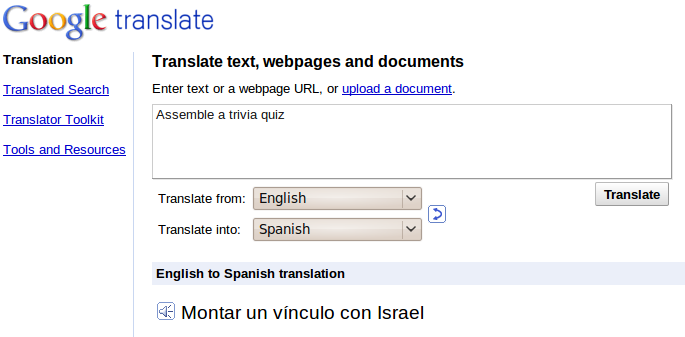"And the town takes to dreaming"
At some point, I mean to get back to looking up the research that is said to support Matt Richtel's claims that "the brain is rewired when it is constantly inundated with new information". Right now, though, I'd like to point out that complaints about the distractions of modern life didn't begin when email, texting and hyperlinks started eating our brains. I wouldn't be surprised to find similar sort of complaints from the 13th century about clock towers, but today I'm just going to take things back to 1924, and an article from the New York Times with the headline "This Machine-Made World Conquers One More Rebel".
Read the rest of this entry »



